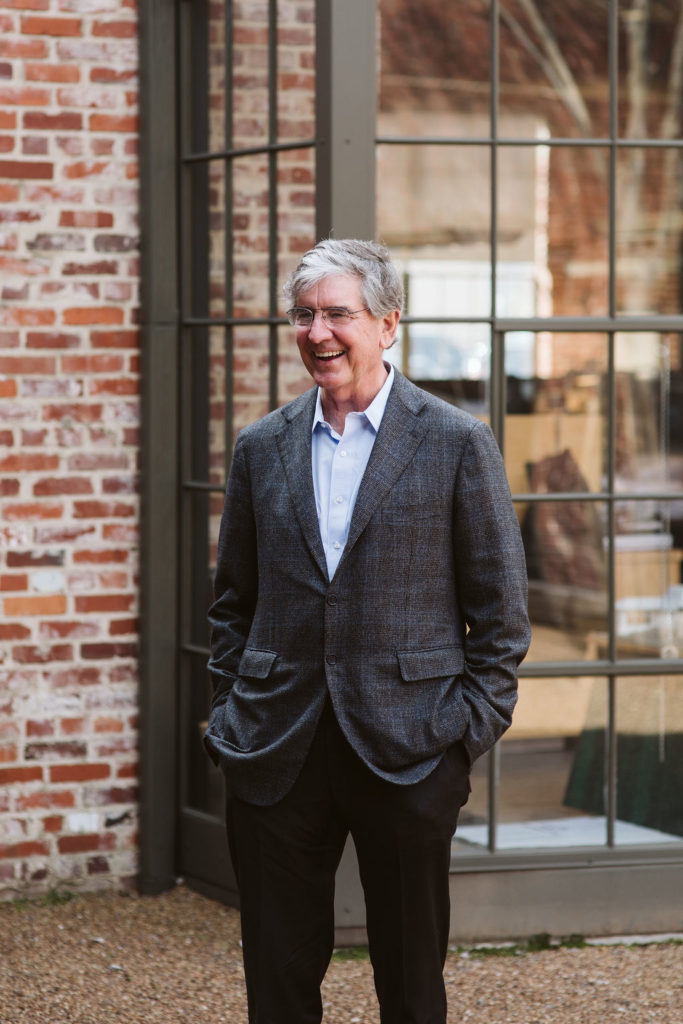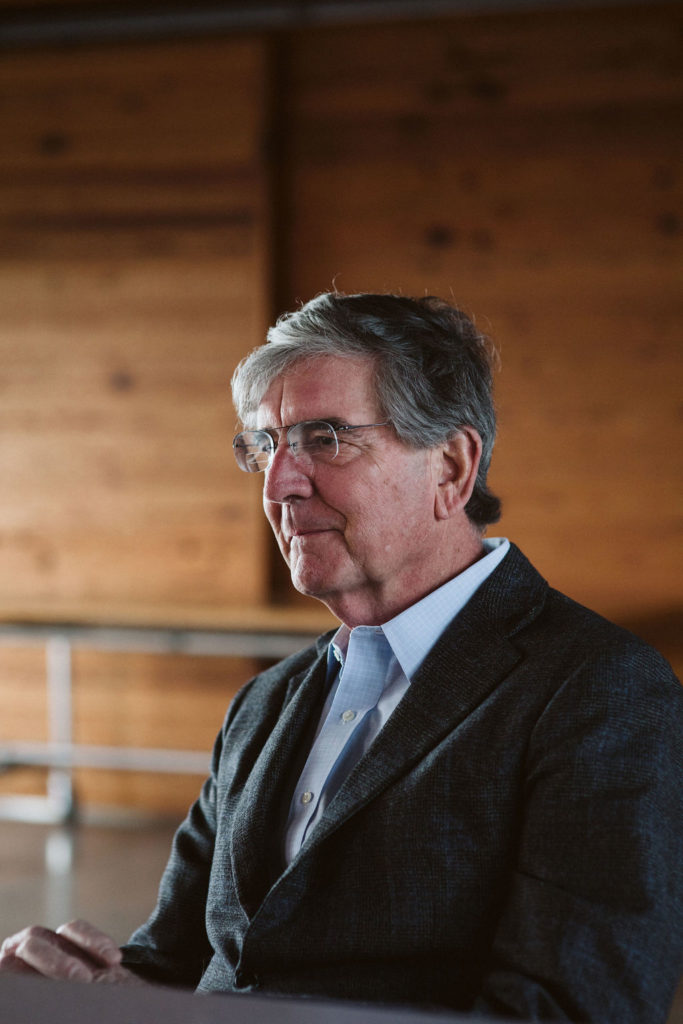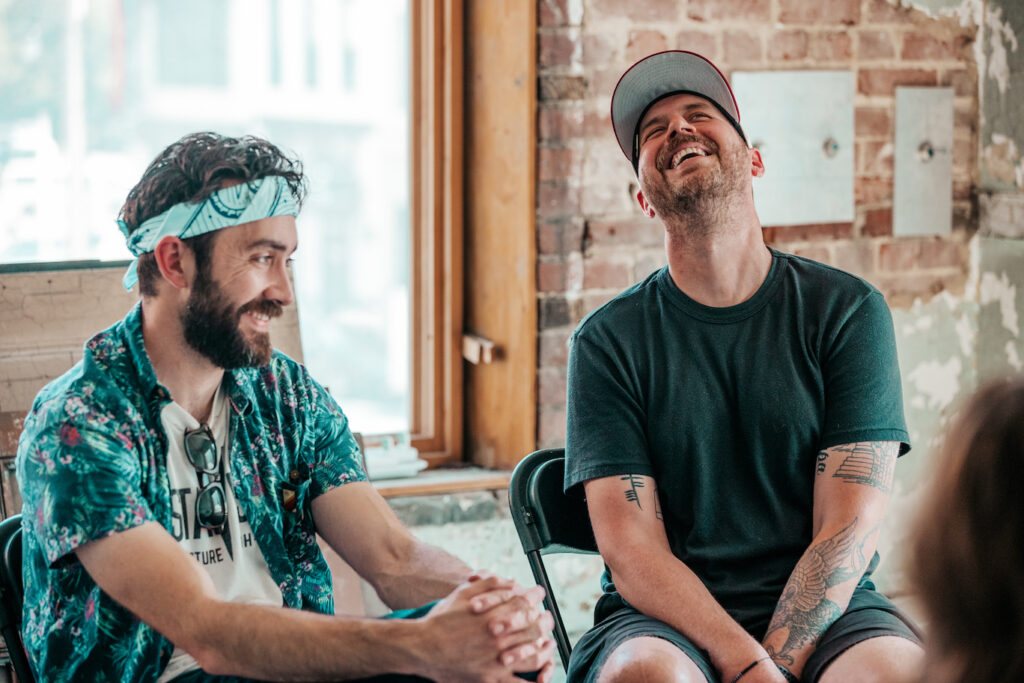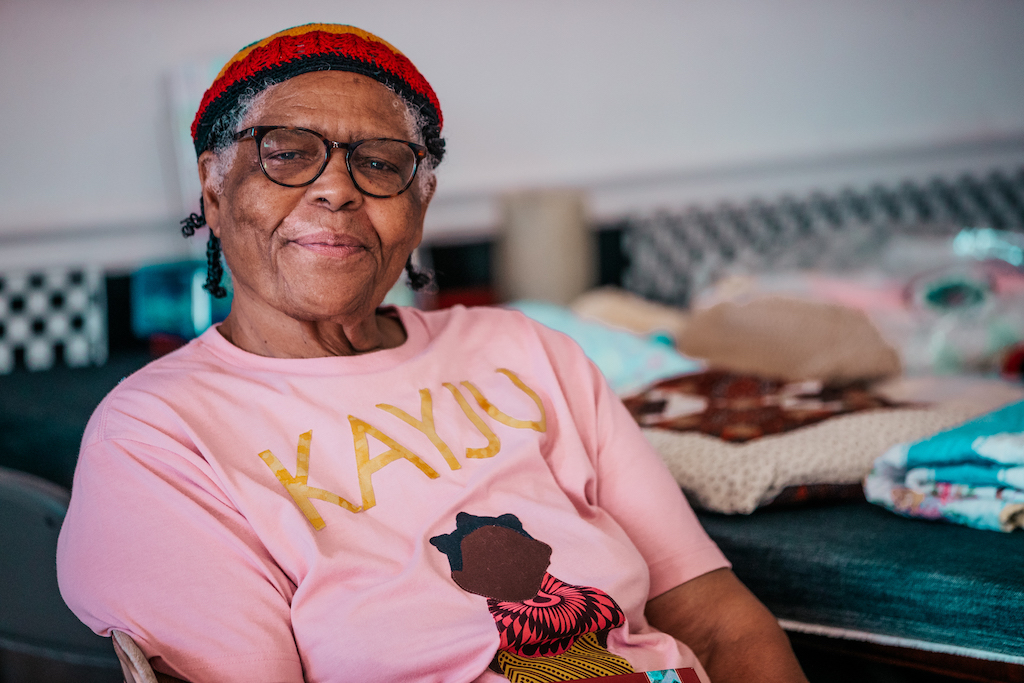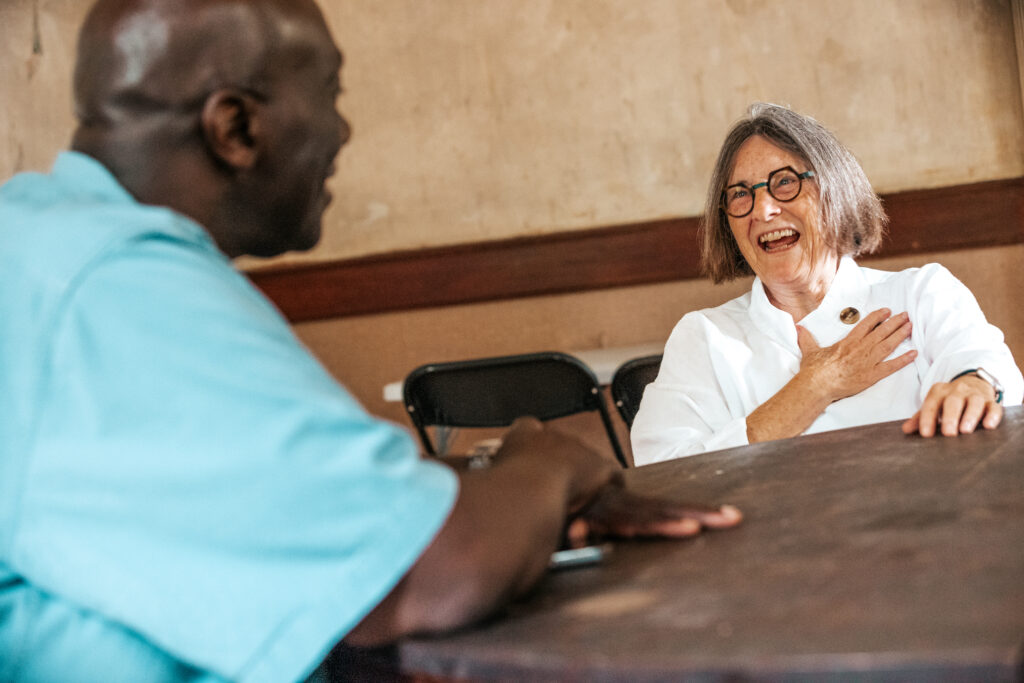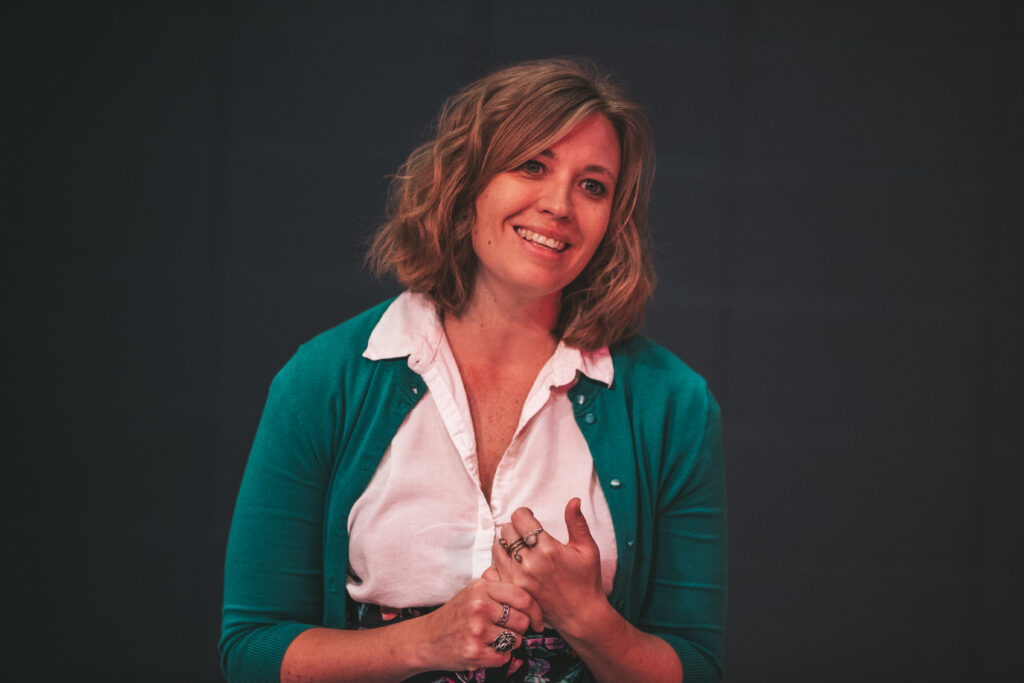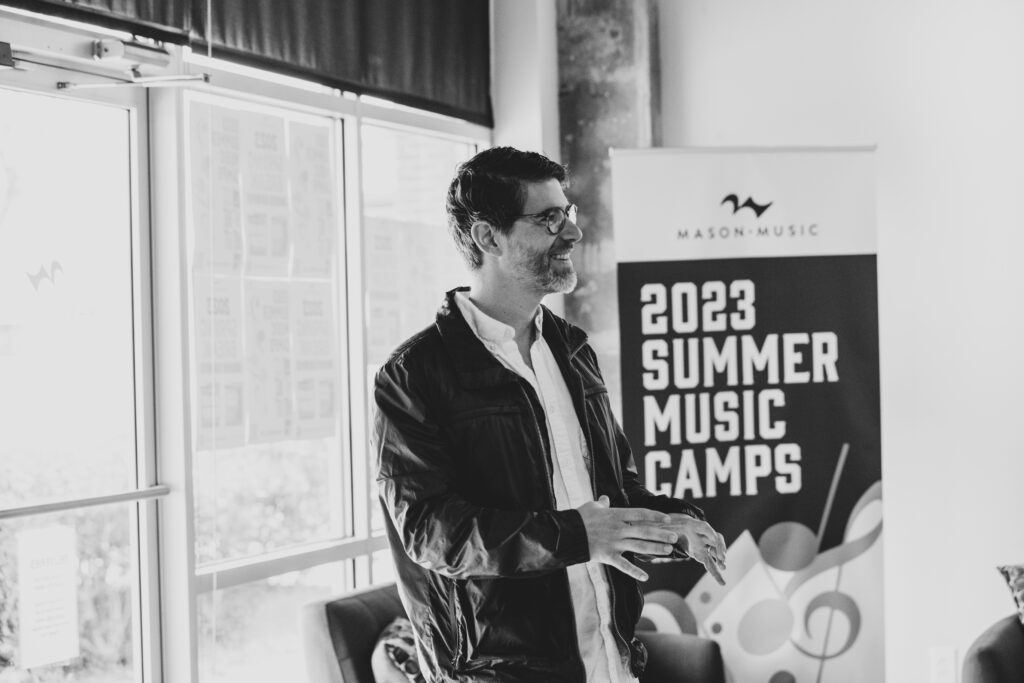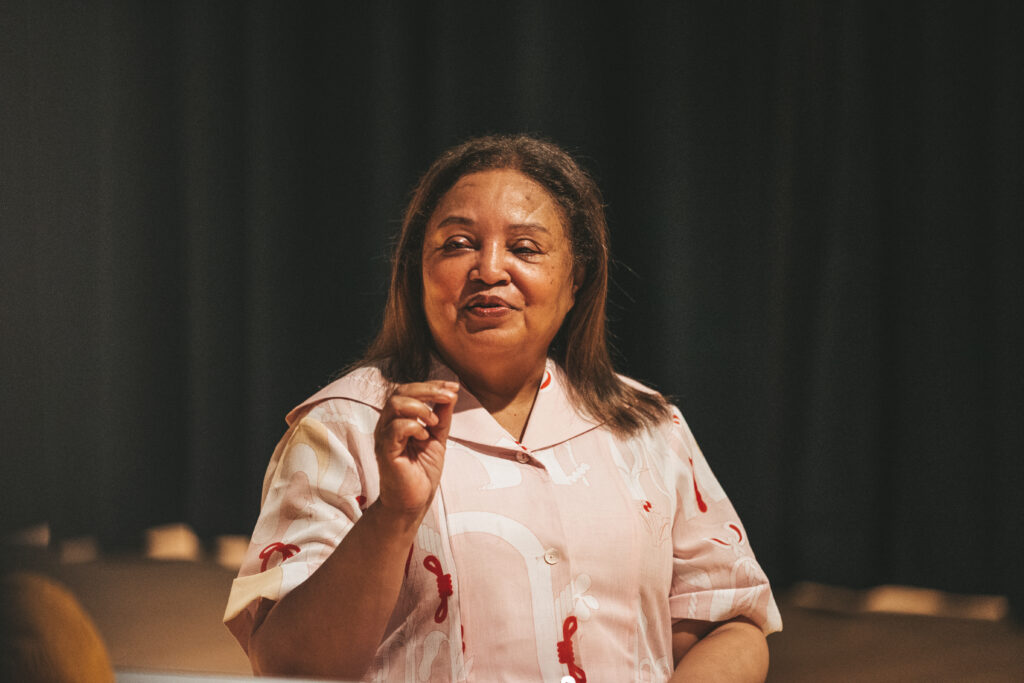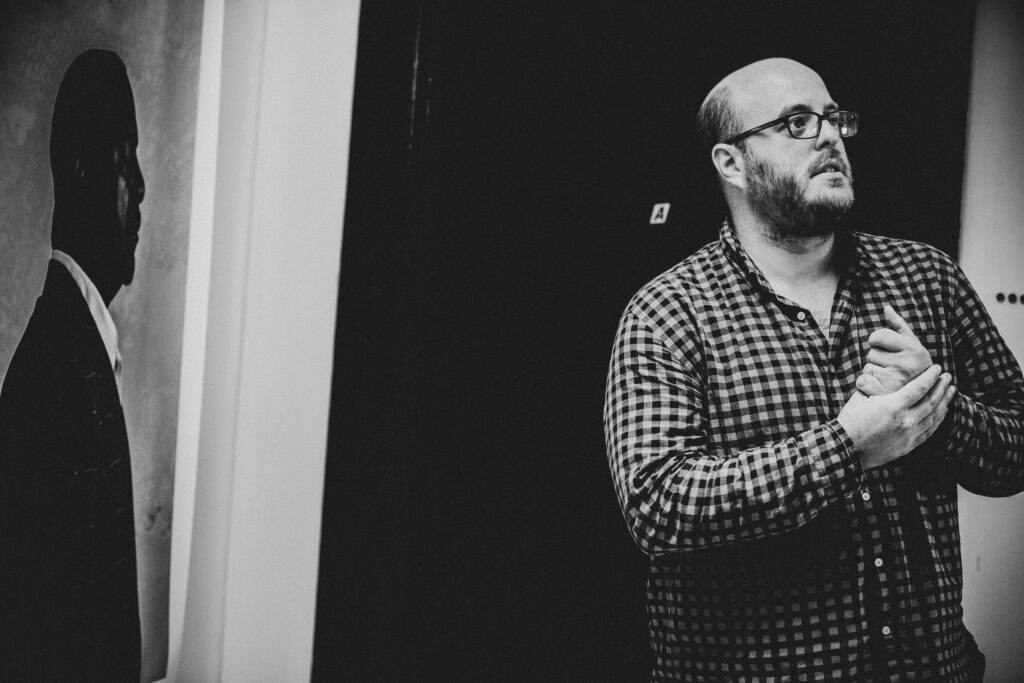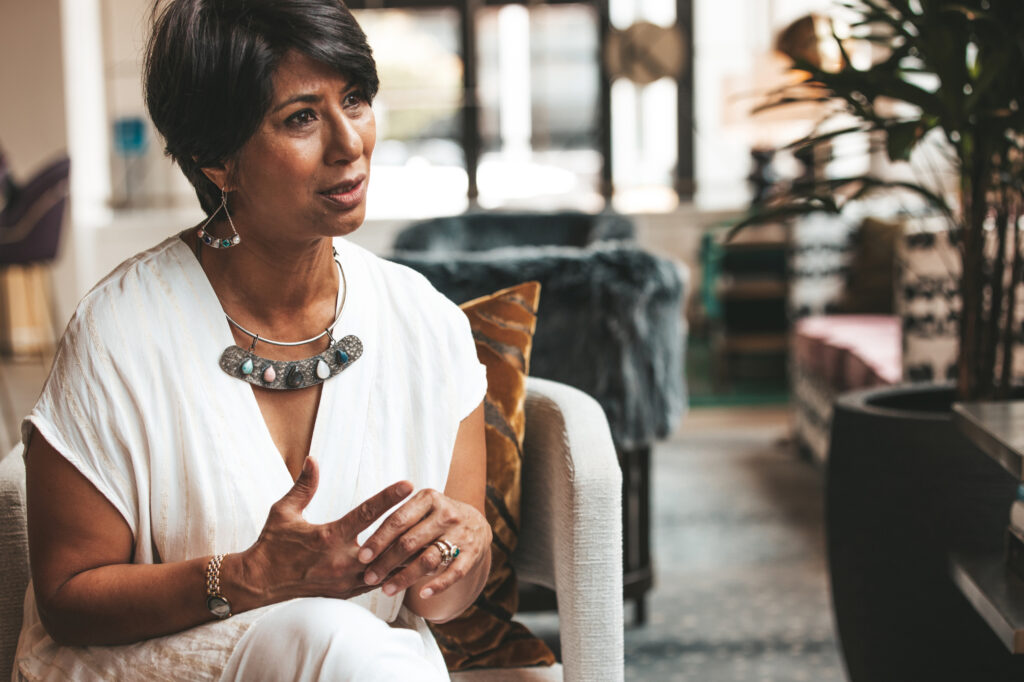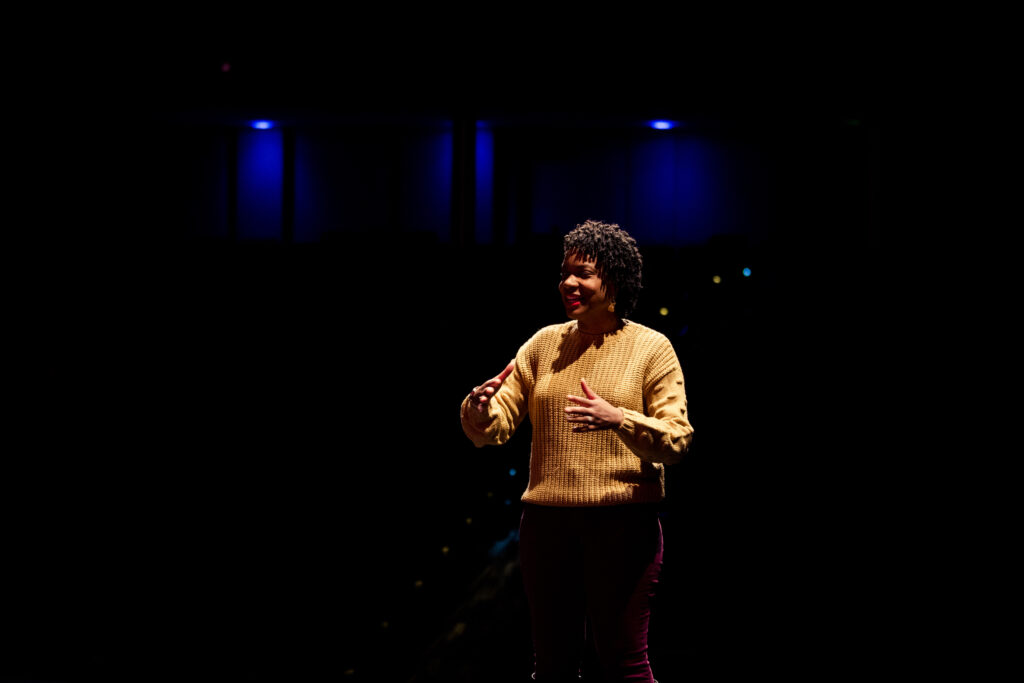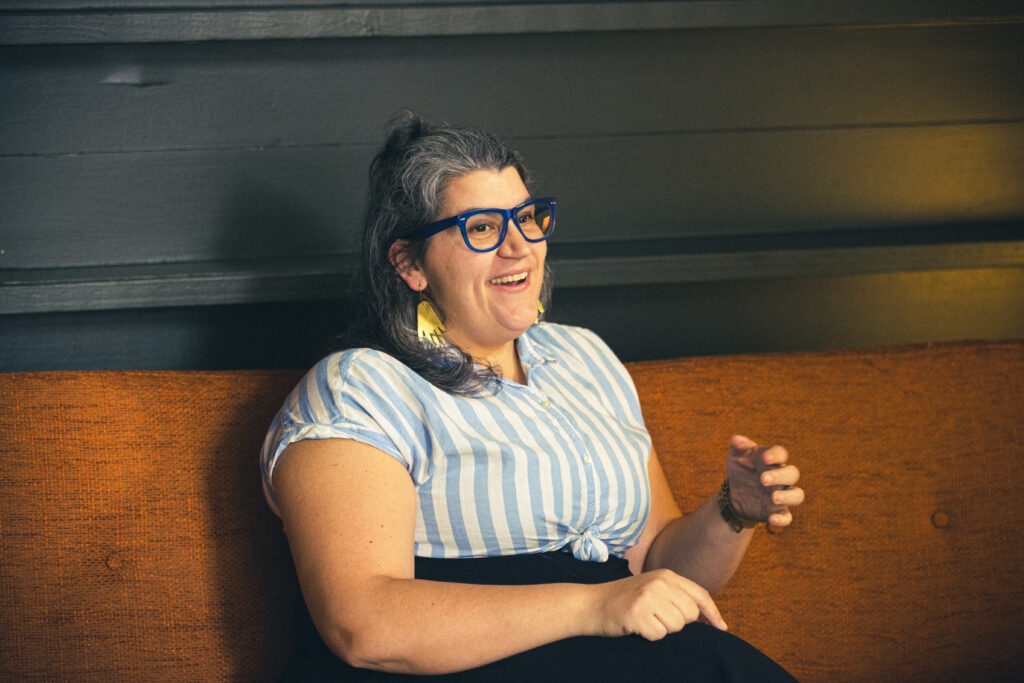Interview by Tonia Trotter
Photos by Kelsey Weeks
Architect Dick Pigford is a man who believes in community. He is a founding partner of ArchitectureWorks, which works to create inspired spaces that make the world a better place to live, work, and play. Over the course of his career, Dick has played a key role in building impactful residential, commercial, and public spaces and built a reputation for innovative and philanthropic leadership. He is the co-founder of Tuesday Group, a gathering of architects, engineers, and planners that provide services to help revitalize low and moderate-income neighborhoods, and last but not least, a long-time board member and current chair of Create Birmingham. Dick was recently elevated to the College of Fellows by the American Institute of Architects, an honor only three percent of AIA members ever achieve and the only Alabamian named, but he is quick to assert that the prestigious award is a reflection of his outstanding team.
Congratulations, Dick, on your FAIA honor! As a Birmingham native, you must feel a sense of pride to be the only Alabamian recognized. What do you hope to accomplish moving forward?
I am certainly honored by the recognition and to have earned the respect of my peers, especially in the state of Alabama. It is really an acknowledgment of our firm and all the people involved. ArchitectureWorks personifies creativity, work, and talent, and it has been exciting for me, not only be a part of projects that feel valuable, but to watch the development of the people involved. Our goal is to continue to find opportunities for the unique talent we have.
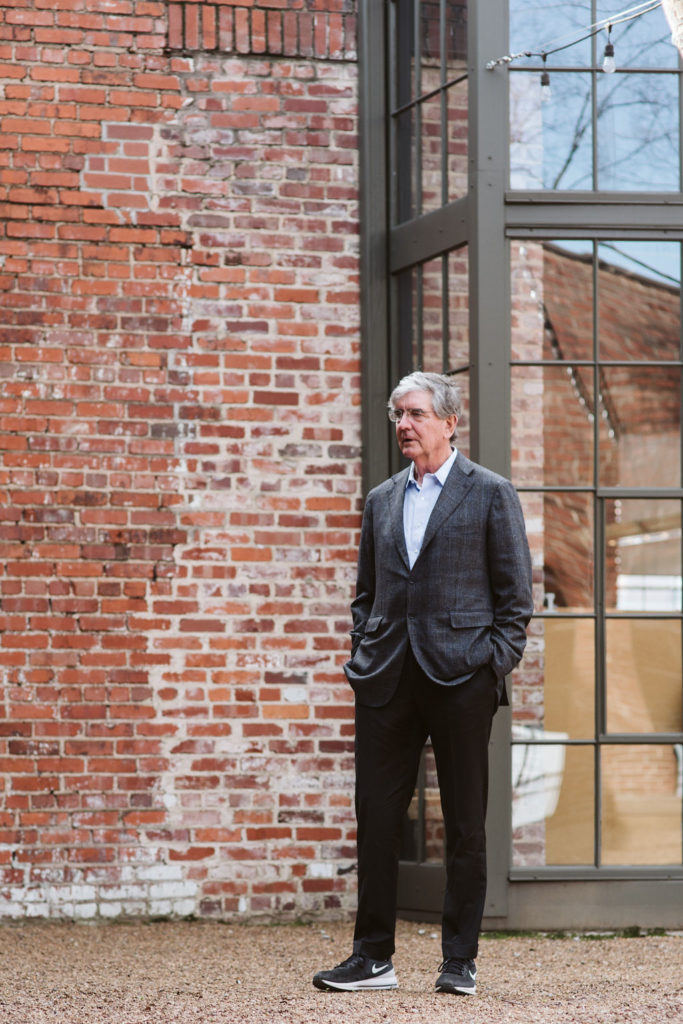 Your dedication to fostering innovative talent extends to your role at Create Birmingham as well. As chairman, what is your vision for the future of our city’s creative community?
Your dedication to fostering innovative talent extends to your role at Create Birmingham as well. As chairman, what is your vision for the future of our city’s creative community?
Birmingham has such a creative and entrepreneurial spirit, and that has an economic impact. The CO.STARTERS program really caught fire and changed the landscape for small business owners with big ideas. Our focus is to connect opportunities with talent and foster the growth of creative ventures so that those entrepreneurs succeed and become the leaders for others behind them.
From an early age, you were interested in architecture, but some may be surprised to hear that you considered another career path. What was set you on your path to becoming an architect, and what have been your greatest lessons along the way?
Even as a child I loved building models. I went to Auburn University and initially pursued a dual major in theoretical mathematics and architecture. I came to a crossroads my junior year and had to make a decision on which direction I was going to go. It was actually my mathematics professor and mentor who asked me, “Do you like people?” He told me that a career in math could be a lonely one. I would spend most of my time working alone, and not everyone would be able to understand or connect to what I was doing. That was how I knew I belonged in architecture.
Architecture is not a singular art form. It is about collectively creating spaces, and I love working with clients and colleagues to make environments for community. Over the course of my career, I’ve certainly encountered challenges. I’ve weathered two recessions and learned from opportunities that didn’t materialize. Personal expectations can be avenues for obstacles but also fuel for growth. The key is to seek out those challenges and pursue opportunities that engage yourself and your community.

